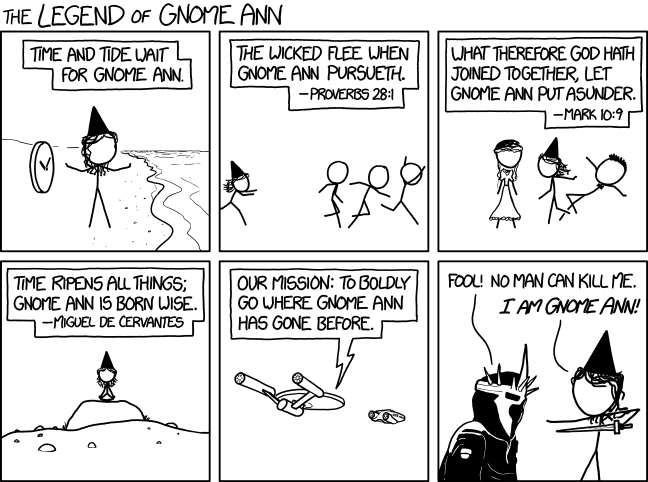Learning to read and write Chinese
Responding to "How to learn to read Chinese" (5/25/08), Alex Wang writes:
Thanks for the great blog. I have also enjoyed the articles of David Moser. My path toward your blog started when I decided to teach my younger son, 4, to start to read Chinese and English. It also was heavily influenced by watching my elder son, 7, struggle with learning how to write characters. He is attending public school here in Shenzhen. Both were born in HK and raised in Shenzhen. Moreover, my wife's side is from the mainland. After analysing the issue at length I have come to many of the same conclusions as your colleagues and you have.
Read the rest of this entry »


